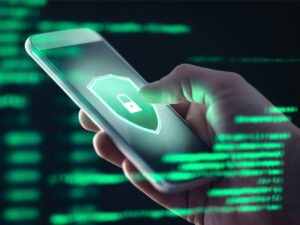Here Are 4 Must-Dos In Order To Prevent Your Identity Online From Hackers

This is the time where we rely cent percent on the Internet for all our activities. Every business is making its presence online in order to attract more customers to their services. Apart from connecting with friends and family over social media, you can now shop online, attend classes, take digital certifications, check your bank balance, and nowadays attend work meetings.
If you could recall, whenever you visit any website or an app, you are asked to accept ‘cookies’ to access their page. Cookies track all your interactions on the website and then show you suggested apps or sites accordingly. It tells about how much time a user spends on a particular site. Even if you don’t share personal information on a site, you’re still being tracked. So, you always leave a digital impression on every site or app you visit. So, it is really important to prevent yourself from cyber hacking.
Digital impersonation happens when criminals steal your personal details such as email address, name, mobile number, or banking details to commit unauthorized actions. According to research, almost 36 percent of Indians suffer from various types of identity thefts like social identity thefts, financial security theft, etc. You can reduce the risk of identity theft by taking precautions and following safe practices online.

Maharashtra Cyber has recently tweeted about how we can prevent identity theft. The tweet is captioned as “Beware of Digital Impersonation” along with the image that lists precautionary steps. The steps are:
- You should always use your personal mobile/laptop for mobile and internet banking.
- Whenever you are asked to fill in personal information online, make sure you read all the instructions and check if the site is credible.
- It is always advisable to login into your social media and other private profiles on personal devices only. And once you are done with the session, make sure you log out.
- Also, avoid clicking on suspicious links that you receive on social media, emails, or via SMS.
If you are creating a social media profile or any account, you should always enable two-factor authentication, and create strong and unique passwords. One thing you should always keep in mind while providing personal information online is that whichever website you are using must have a URL beginning with an “HTTPS”. It helps you avoid fake websites.
Always pay attention and monitor your social media accounts, email addresses, and banking and credit card statements regularly. If you notice any discrepancy, report it to the cybercrime.gov.in portal or you can also dial 155260 to report cybercrime cases.